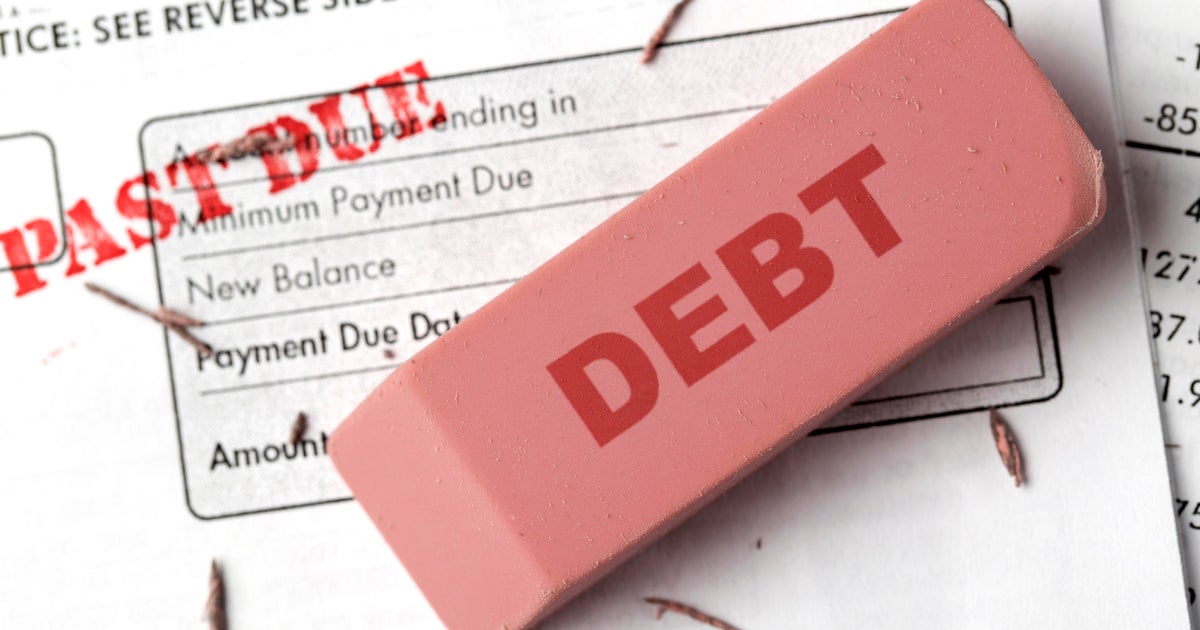America's credit card holders are $1 trillion in debt
The amount Americans owe on their credit cards has hit a new high at just over $1 trillion, according to Federal Reserve data, topping the previous mark set in April of 2008 just before the Great Recession.
"This should serve as a wake-up call to Americans," said senior analyst Matt Schulz of CreditCards.com. "Even if you think that your credit card debt is manageable right now, you could be only one emergency away from real trouble."
Not everyone carries credit card debt from month to month. But for those who do, the average figure per household is now $9,600, according to the online credit card marketplace. That equals about 17 percent of the average U.S. household income. And since the average interest rate on a credit card is 16 percent, and about 24 percent for those with subpar credit, that debt grows between $1,600 and $2,300 each year.
Still, most Americans appear to be optimistic about the future due to the stable economy and low unemployment. "But you never know when you'll reach the peak of the mountain," warned Schulz. "This probably won't be the tipping point, but it's likely that it isn't too far off."
The triggers that could generate problems for individuals are job loss or a medical emergency. For the broader economy, it ranges from the threat of war with North Korea, to the gradual but ongoing increase in interest rates, or the health care and budget controversies. Even the dramatic rise in car loan delinquencies could factor in.
Schultz's advice: "Knock that debt down while times are good," and, if you can, "pay the balance in full every month." He also advises credit card consumers to watch out for hidden charges, including:
- Late payment fees: This is the most common and is now $37 per month for many credit cards.
- Returned payment fees: Assessed on a bounced check, it is also within the $37 range.
- Cash advance fees. Calculated at $10 or 5 percent of the advance.
- Balance transfer fees. Most card issuers allow account holders to transfer balances, usually from a card with high interest to one opened with a lower or initial interest rate. But those companies generally charge a fee for the privilege, usually $5 or 3 percent of the transfer.
- Foreign transaction fees. Just over half of the 100 cards surveyed by CreditCards.com, charged this currency transfer fee of about 3 percent.
- Annual fees. About one-quarter of all cards have a yearly cost.
CreditCards.com has compiled a list of the credit card companies with the most and fewest potential fees.
A credit card geared to the subprime market from First Premier Bank had the most fees -- 12 according to Schulz, including for a "credit increase limit."
"Usually these cards have a low credit limit, and if people want it raised, even by $100, they pay a $25 fee," he said.
These are some of Schulz's tips for avoiding fees:
- Establish automatic payment from your bank account to the credit card company each month.
- Never use a credit card at an ATM, since you'll usually incur a fee.
- Shred the "convenience checks" that accompany your credit card statement. They will show up on your bill as "cash advances," and you'll be charged a fee for their use.






